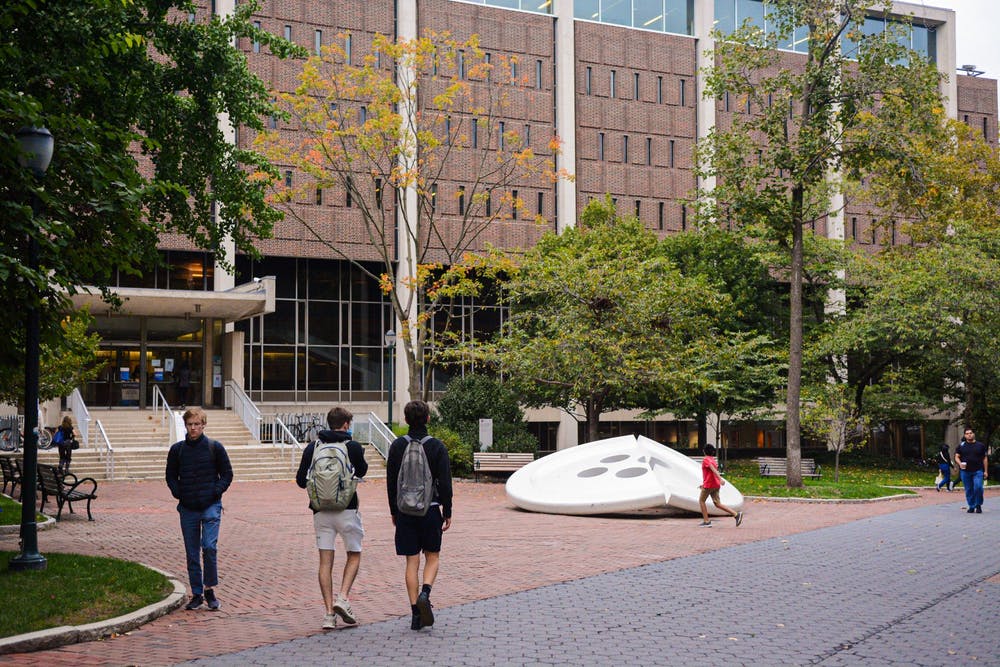Penn Libraries webinar traces conspiracy theory evolution from early France to modern America

Penn Libraries held a virtual workshop on Tuesday discussing parallels between the spread of conspiracy theory in Dreyfus-era France and the present day United States.
The event, “Conspiracy Theory and Political Culture, Past and Present,” covered topics ranging from the use of social media as a means to spread conspiracy theories, to the future prevalence of conspiracy theories in American political culture. Walter H. Annenberg History professor Sophia Rosenfeld moderated the event, which welcomed Adrienne LaFrance, executive editor of The Atlantic, and James McAuley, author of “The House of Fragile Things” and contributor to The Atlantic.
The event was hosted in partnership with the Lorraine Beitler Collection of the Dreyfus Affair. The collection of over 1,000 items regarding the Dreyfus affair — a French political scandal that began around the turn of the 20th century — is housed in the Kislak Center for Special Collections, Rare Books and Manuscripts.
LaFrance, who has focused her journalistic work on the intersection of politics, media, technology, and information systems, spoke about the need for the creation of informational infrastructure and how it can lessen the danger of conspiracy theories.
McAuley — who attended the Zoom from Paris — agreed, adding that the Dreyfus Affair, in which France remained divided and antisemitism heightened in succeeding years, led to the spread of conspiracy theories in that time. He added that from a historical perspective, the United States is entering a period similar to the Dreyfus Affair in which conspiracy theories are spreading at a rapid rate.
“We are entering a similar moment in the United States, where we live in two sorts of adjacent realities that are ultimately irreconcilable, and that’s exactly what Dreyfus-era France seems to have been,” McAuley said.
LaFrance added that while there are similarities between the two eras, the widespread diffusion of disinformation in today’s landscape is due largely to social media.
“You might have had a single preacher who went town-to-town spreading conspiracy theories, but the scale and the effectiveness that social media allows for is just totally unprecedented in technological history,” she said.
McAuley analyzed social media’s role in circulating conspiracy theories as one that “gives community to militarized mediocrity,” as well as the importance of finding the balance between reporting what is newsworthy and what is not when it comes to conspiracy theorists.
In a closing question, Rosenfeld asked LaFrance and McAuley for their thoughts on how these “mass delusions” and destructive conspiracy theories come to an end.
“There is nothing left to do except just defend the truth as best you can, how you can, and not to amplify lies,” McAuley said.
More Like This
*** This article has been archived for your research. The original version from The Daily Pennsylvanian can be found here ***


